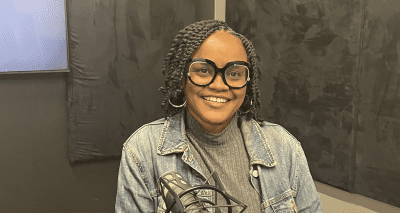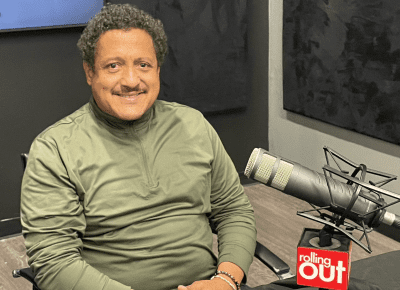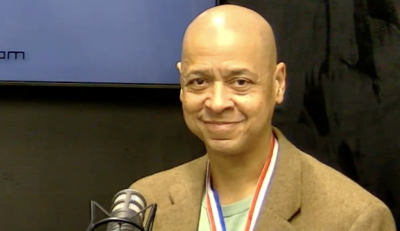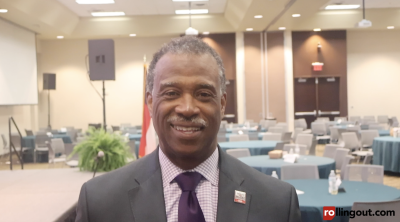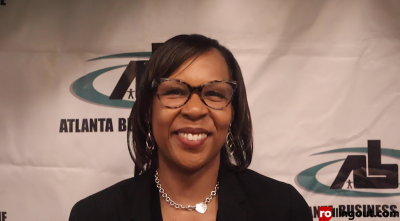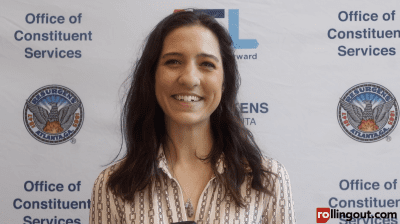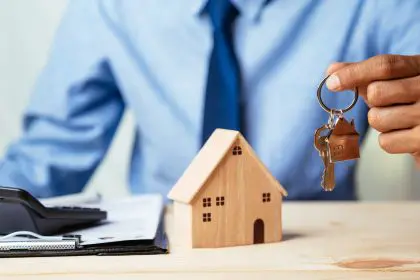For another year, Ritchie and Clarinda Harrison will lead the “Buy Back The Block” panel discussion before the 6th annual Detroit Diaspora Day Party on May 26 at Eastern Market.
The discussion will include people actively working in real estate and development and those looking to enter the conversation. The Harrisons spoke with rolling out about the Detroit Diaspora, the panel discussion, and the importance of real estate and development.
What should people know about “Buy Back the Block?”
Clarinda Harrison: What’s exciting is that we have this opportunity to do “Buy Back the Block” part two, and last year was really about bringing inspiring projects to the forefront and talking about what’s happening in the development community by people of color who have a certain point of view around what it means to reinvest in properties and culture, which is inextricably linked to the uses in those properties. [For] example, we featured a developer who also opened a community grocery store as part of the conversation last year.
This year, we’re [going] to be drilling down into not just the exciting and community-centered projects that Black developers are engaged in [but also] the critical reasons why [ensuring diversity in development] is important.
We want to [ensure] that equitable distribution of wealth is not concentrated in certain groups and excluded from others, and we also will have more of a “how to” – such as answering questions like what is the first step? Who do I need to talk to? How do I get involved [to] be a part of the development community? How can I be like [some] inspiring developers who have already done [important] projects in the city and transfer that to more developers who want to be a part of that impact?
Why is this an important topic to continue to bring to light?
Ritchie Harrison: We know that Detroit is changing, we can see the investment, we can see the recent events, we’re seeing and feeling the city differently, and knowing that the impact is by new investment coming into Detroit. We have programs that [have] been very aggressively seeking to incorporate more diversity and specifically get more Black developers into [helping] to develop the city [and] neighborhoods. [Still, we] also recognize that there’s a lot of work to do.
Just comparing Detroit and looking at other cities that have gone through similar types of transformations, we know the critical importance of making certain that people who have lived in a city and Black folks who have lived in neighborhoods feel included in transformation, that they recognize the importance around our voices in the process, and that we are bringing in folks that have the experience and the knowledge around what it means and the importance that we have to creating a stable future. [What do we see] when we think about Detroit 20 years in the future? I think that if we [want] to have sort of a robust and viable and stable transformation of the city of Detroit, it has to be based on getting folks who have lived in the city for a long time, Black folks involved in the conversation and making certain that we are a part of that industry of helping to build, influence, and shape the way the city progresses going forward.

